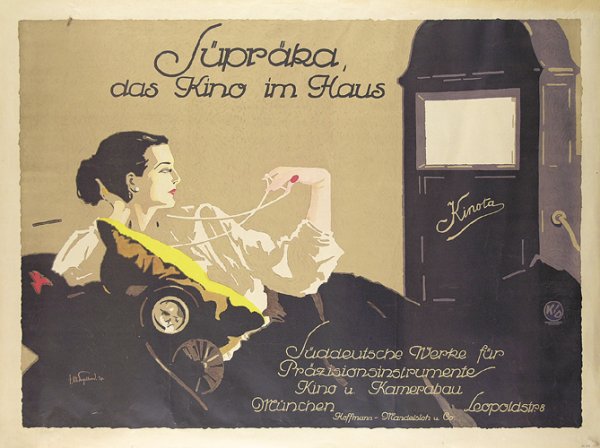
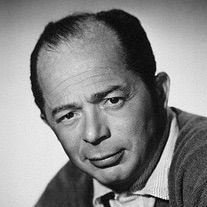
Billy Wilder
It was Paul Whiteman, America’s ‘King Of Jazz’ that first brought Billy Wilder to Berlin in May 1926. The twenty-year-old journalist rookie journalist from Vienna had so impressed the band leader with his review of their shows at the city’s Bristol Hotel that he invited him to come along to their next stop in the German capital.
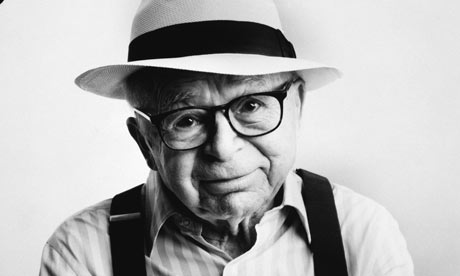
‘I got my trip and three days in Berlin. I agreed without negotiating for a round-trip ticket. I had no intention of going back…. Vienna was grey but Berlin was colourful like a kaleidoscope.’
He arrived with one suitcase and a letter of introduction from his former employers and immediately landed a reporting job at Die Nachtausgabe and a furnished flat on Pariser Strasse.
‘I liked best to write in the coffee houses on my portable typewriter. I liked a little noise and activity. The smell of good coffee, the sight of rich layer cakes, the sound of conversation, the dancing of dishes… I didn’t like to write along in my furnished rooms.’
It was while working at Die Nachtausgabe that he met Olive Victoria, an English chorus girl dancing in a Berlin cabaret, his first love in Berlin.
Their conflicting work schedules meant him staying up late into the night to date her after shows and eventually, having fallen asleep at his desk, it also got him fired.
He moved to Schöneberg’s Victoria-Luisa-Platz and between jobs worked as an Eintänzer, dancing for money at the city’s glamorous Eden Hotel, opposite the Elephant Gate to Berlin Zoo. Also called Taxi-dancers, the men were paid-by-the-dance by single older ladies or those whose husbands wouldn’t dance. He even learned the Charleston to keep up with the times.
‘I was light on my feet and light on theirs, and I had the best dialogue.’
His burning ambition, however, was to write for the movies and by 1927 his smart networking at places like the Romanisches Cafe and the Hotel Adlon paid off and he got his first commission.
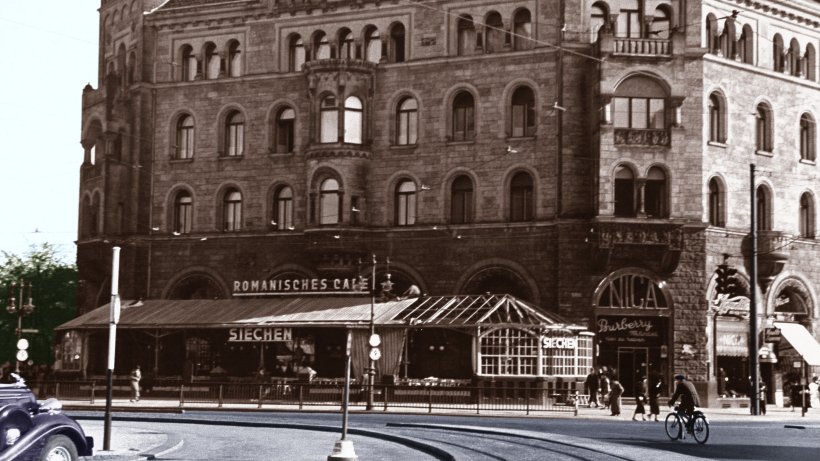
His first major screen-writing credit was for the 1929 film Der Teufelsreporter: Im Nebel Der Grossstadt starring the American circus performer and stunt man Eddie Polo.
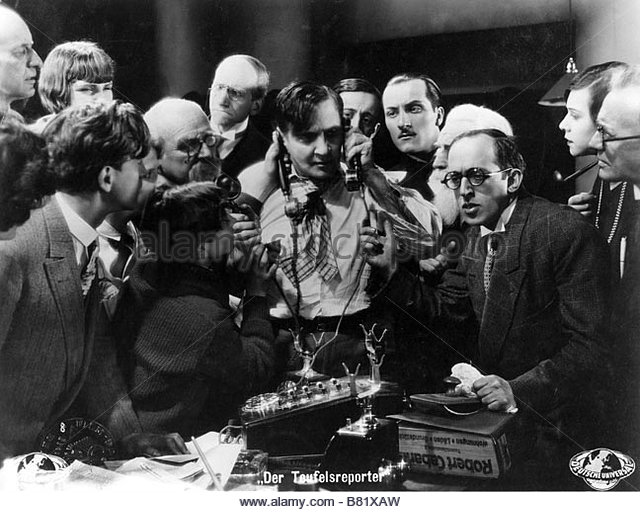
It was in 1929, that Billy and group of fellow young, enthusiastic film makers took on an extraordinarily ambitious project – A full-length movie, with no professional actors, and filmed on the streets of Berlin with just 5,000 marks budget. No-one had a car, so the group travelled by bus to use outdoor locations such as Zoo Station and the lake at Nikolasee and, as they all had full-time jobs, could only film on Sundays.
Menschen am Sonntag (People on Sunday) opened in early 1930 at the UFA Theatre on the Kurfustendamm and despite early predictions of a disaster was a huge critical and commercial success. It also landed Billy Wilder his holy-grail of a job at Berlin’s UFA film studios.
A further thirteen UFA films followed, the most memorable being Emil und die Detektive (Emil and the Detectives) in 1931 and Scampolo, ein Kind der Strasse (Scampolo, a Child of the Street) in 1932.
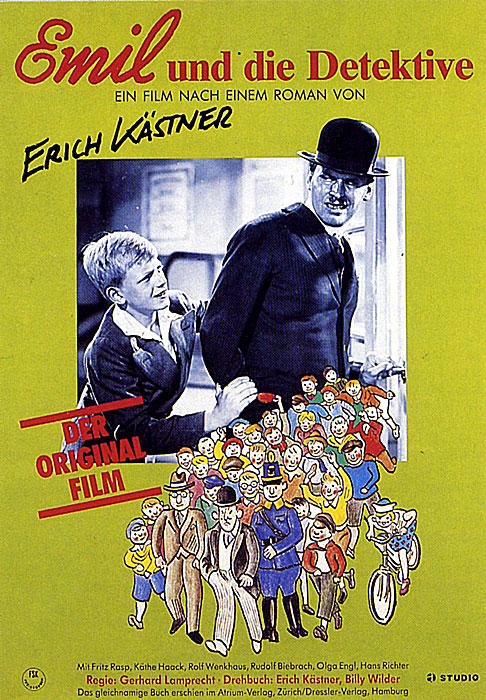
‘It takes a while to find your place, your routine, a group of friends, a place to live with a few possessions that make it feel like home. I had succeeded in doing that when there were ominous signs.’
In the days after the Reichstag fire in March 1933, Billy Wilder and his girlfriend Hella Hartwig fled to Paris.
He returned to Berlin physically in 1961 to film cold-war caper One, Two, Three and for inspiration in 1959 for the classic Some Like It Hot.
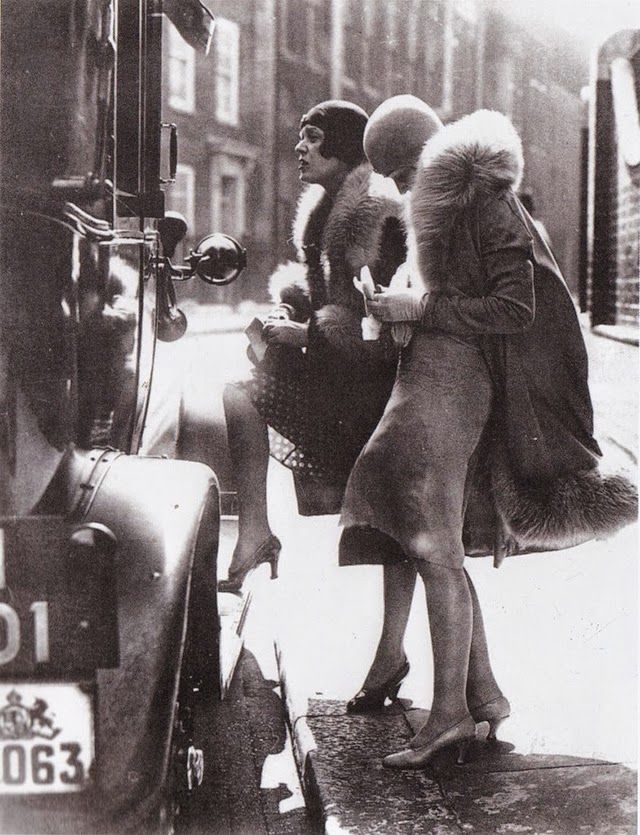
Street girls in Berlin 1920s
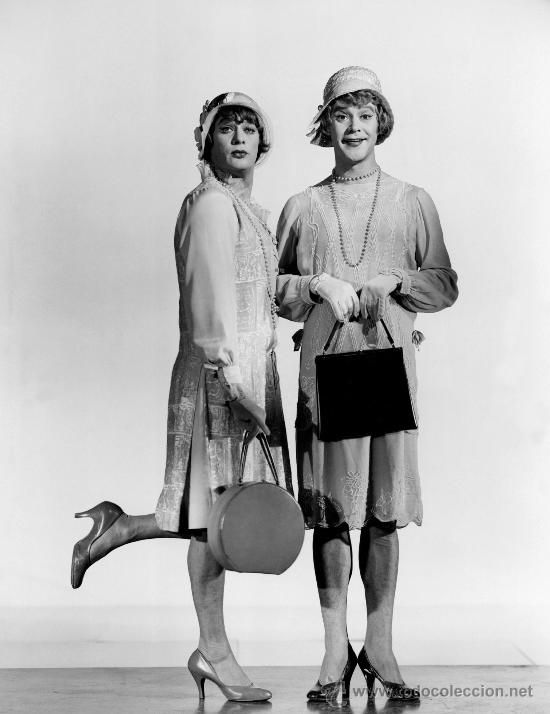
Tony Curtis and Jack Lemmon in Some Like It Hot 1959
‘I had wonderful times in Berlin. You might say it was a love affair I had, not with one girl or many girls, but with that city. It was the home of my youth. My heart beat faster every time I saw the Kurfürstendamm. Every journalist, artist and writer dreamed of going to Berlin, me included and it was better than the dream. I was robbed of the memory. You cannot think about the good and not of the bad.’
*All quotes from Nobody’s Perfect, Billy Wilder a Personal Biography, Charlotte Chandler, 2002. Published by Simon & Schuster
